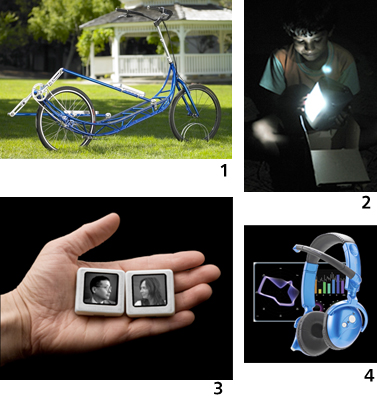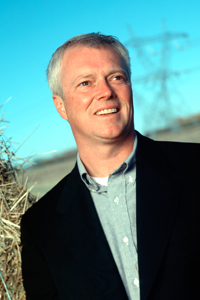If you’re interested in “clean tech” or any other emerging sector, it’s important where you go to business school. Second-year MBA student (and now fresh graduate) Naveen Sikka tells why UC Berkeley Haas and the San Francisco Bay Area were perfect stepping stones into the green energy sector.
How did you get interested in clean tech?
I actually come from a very untraditional undergraduate background. I went to Columbia University and graduated in 2000 with a degree in political science and French. At the time, the economy was really hot, so I just moved into consulting. I did that for seven years before coming here.
I got really interested in green tech right before I came to Haas. I did a finance project in energy and really took to it. Clean tech is the confluence of a lot of different forces. You see a lot of people who maybe aren’t energy people coming into this space, because it combines basic technology with policy, geopolitics, climate change, human dimensions. I knew that Berkeley would be a good place to study this, but I didn’t really appreciate fully the magnitude of that decision until I got here.
Continue reading



